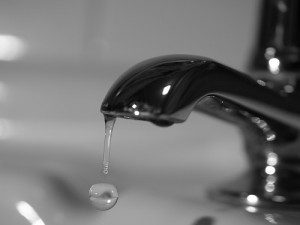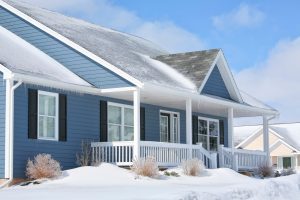
THE CAUSES
The causes of a stopped-up sink vary wildly, and often depend on whether it’s a kitchen sink, a bathroom sink, or a subsidiary sink in a location like the garage. Kitchen sinks usually get clogged with food, while bathroom sinks get clogged from beauty and cleaning products. More specifically, the causes of clogs can include:
- Coffee grounds, which can clump together with water and form an impenetrable blockage.
- Fats, oils and grease, collectively known as FOG. They’re often poured down the sink in liquid form, then they solidify in the cool pipes.
- Spaghetti and pasta, which can get expand with water and stop up drains.
- Fibrous vegetables such as celery, carrots and potato peelings that may not break up with the garbage disposal.
- Human hair, often mixed with soap or shampoo.
- Toothpaste, which often builds up in the turn of the pipe and can nearly attain the consistency of cement when it accumulates.
- Plastic toys. It can sound strange, but children can often throw action figures and other toys down the sink as part of their play.
- Shampoo and other beauty products, which can prove surprisingly stubborn when they become dry and crusty.
- Hard water, minerals which can leave a build-up in the sink pipes and eventually create a clog.
THE SOLUTION
The normal solution to such clogs is to purchase a chemical cleanser from a supermarket or hardware store, or even a plumbing tool such as a drain snake to deal with the issue. In most cases, such measures are hopelessly inadequate. Look at the list above: it’s quite varied and yet it still only covers the most common causes of clogs. Store-bought solutions adopt a one-size-fits all approach to all of them, hoping to partially treat each problem instead of fully dealing with your specific problem. That usually leaves part of the clog left behind to quickly reform a few weeks or months later.
Professional plumbers, on the other hand, have the skills and experience to handle your specific clog the right way. In addition, they have access to tools that can tailor the approach to handle the problem the right way. Hydro-jetting equipment, snakes with rotating heads and similar devices are too expensive for most homes, which don’t have to deal with clogs very often. But plumbers handle clogs on a regular basis, and their training combined with specialized devices can make short work of your plumbing clog in short order.
Of course, you can help your own cause out by noting materials that can result in a clog, and disposing of them in the trash instead of the sink. For those times when the clogs catch you anyway, call BZ Dependable Plumbing & Heating Inc. for plumbing service throughout Teaneck, NJ!

 WHY FROZEN PIPES ARE A PROBLEM
WHY FROZEN PIPES ARE A PROBLEM